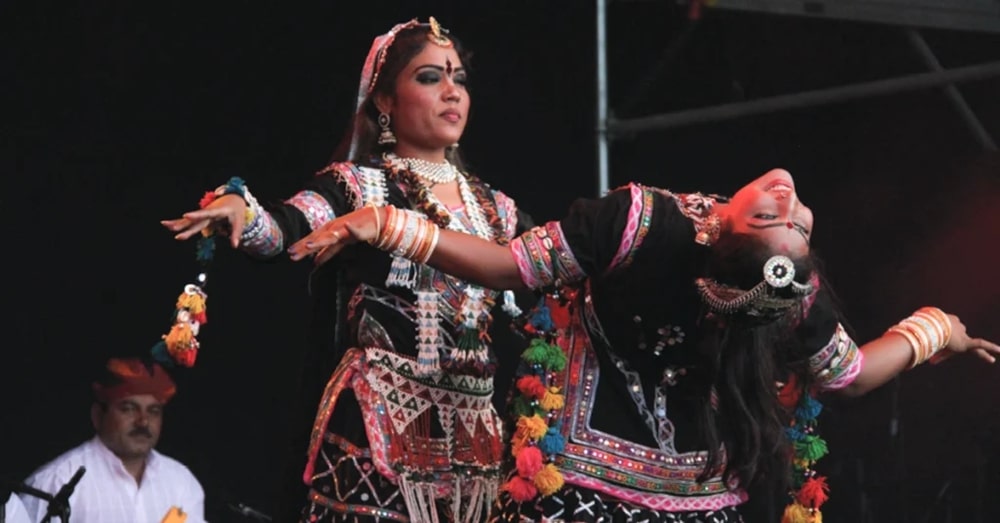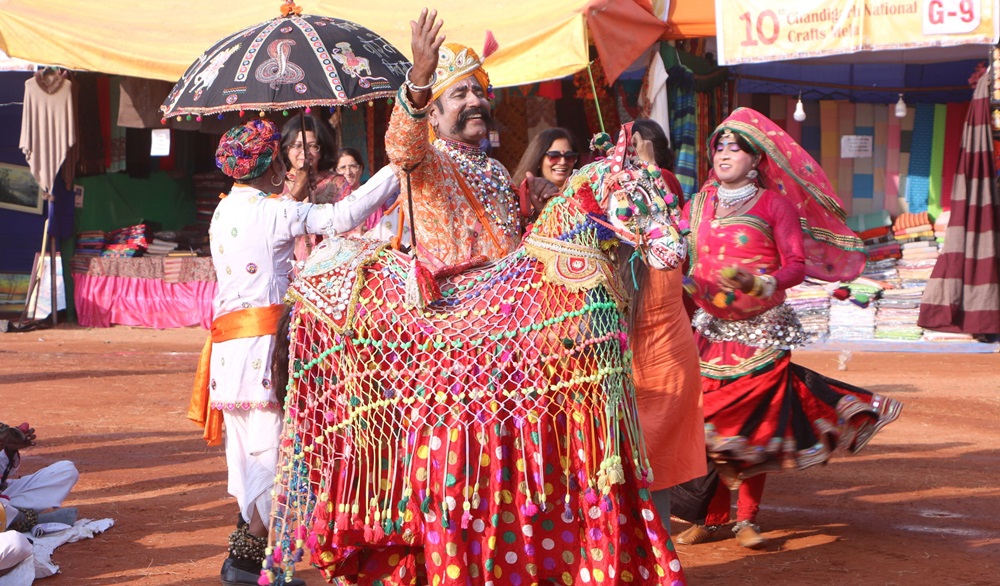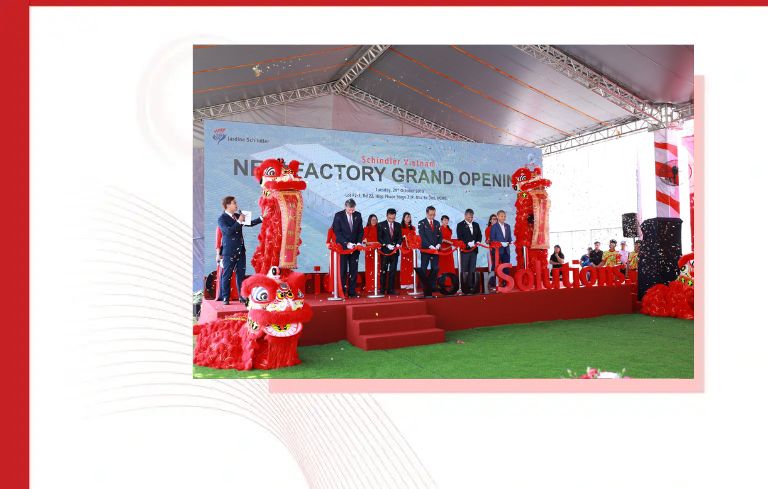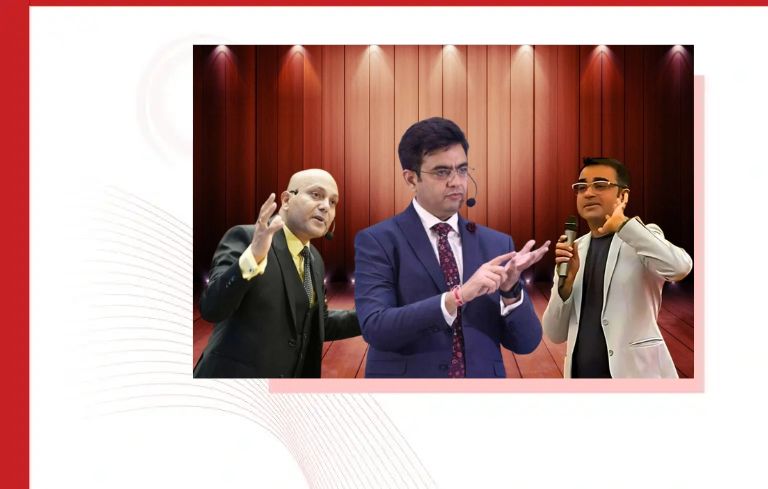FOLK MUSIC By “RYTHMS OF RAJASTHAN” ENSEMBLE
The vast, unending expanse of burning hot sand that makes up the Thar Desert of Rajasthan hosts one of the most vibrant and evocative music cultures of the world. The heady, hypnotic combination of rhythm and melodies sung and played by the Langas and Manganiars is part of the eternal appeal of this mysterious and wondrous land, celebrated beautifully through the Colours of Rajasthan and Events.
Soulful, full-throated voices of these two music communities have filled the cool air of the desert night for centuries in a tradition that reflects all aspects of Rajasthani life. Songs for every occasion, mood, and moment, and stories of legendary battles, heroes, and lovers, are a central part of the Colours of Rajasthan and Events, engendering a spirit of identity expressed through music that provides relief from the inhospitable land of heat and dust storms.
RYTHMS OF RAJASTHAN ensemble is an embodiment and amalgamation of all above in present times. Their rustic melodies and beats are heart-touching and refreshingly energising.
Rajasthani Folk Dances
Rajasthan is a land of rustic melodies and soulful beats. To give a fulfilled expression to their folk music, various forms of folk dance emerged to compliment the melodies.
We will present 3 forms of Rajasthani Folk Dance performances :
1. Kalbeliya

Kalbeliya is a nomadic community that sometimes introduces themselves as Naath, Jogi, Sapere and Sadhu. Their family business is to catch snakes. This comes in handy as they showcase a number of tricks using these snakes. While giving spectacular shows in nearby villages and qasbas and at their Jajmaan’s place and thus earning livelihood for themselves. As time changed, they have made permanent lodgings outside the cities.
The women of this community are expert in singing and dancing. In olden times, women use to sing and dance only on special occasions, such as weddings, festivals etc. in their very own distinct style. As times changed, these women started performing stage shows around the world. And with it, their dancing style as well as their attire changed.
Their swaying dresses, made up of colourful beads, give a distinct identity to the women of Kalbeliya community. The fact that the Kalbeliya women themselves made this attractive dress makes it more intriguing. A very interesting fact about them is that they never teach the folk arts to their children. They gain expertise in singing and dancing by watching the elders do it at home.
2. Bhavai
Bhavai is a genre of folk dance popular in Rajasthan state in western India. The male or female performers balance a number of earthen pots or brass pitchers as they dance nimbly, pirouetting. And then swaying with the soles of their feet perched on the top of a glass, on the edge of the sword or on the rim of a brass thali (plate) during the performance. The accompaniment to the dance is provided by the male performers singing melodious songs and playing a number of musical instruments, which include pakhwaja, dholak, jhanjhar, sarangi, and harmonium.
Traditionally, this genre of dance is performed by female performers belonging to the Jat, Bhil, Raigar, Meena, Kumhar, and Kalbelia communities of Rajasthan. It is assumed that this genre of dance was evolved from the exceptional balancing skills of the females of these communities, who developedthe ability to carry a number of pots of water on their heads over a long distance in the desert.
3. Kachhi Ghodi

Kachhi Ghodi performs for the entertainment of bridegroom’s party. Dancers adorn the elaborate costumes, giving the effect of riding on a dummy horse. Shekhawati region is the originating area of this dance form.
SPECIAL APPEARANCE: MARIE-AUDE, THE NOMADIC DANCER
Born in France, Marie-Aude now travels the world to dance, teach and learn.
She started her dancing life with the dances of the Orient and of the Gypsy and rounded her education by taking ballet, experimental dances such as Butoh and Dance Theatre and modern dance classes. She also performed with the Raum B dance company in Germany.
With this contemporary dance language in her body, she returned to the path of traditional dances, feeling that, in its cultural forms, dance was as much the expression of human movement as a reflection of the dancer’s environment and life.
She gave up her settled, stable life to go on a nomadic journey without return—to meet the world, its inhabitants and dances.
Without betraying traditions, she manages to carry folk dances beyond their cultural borders to give them a more universal appeal while keeping alive the humanity and spontaneity which characterize them.
FASHION SHOW : RAJASTHANI ETHNIC & FUSION WEAR
Rajasthan is a land of vivid, bright colors, which is evident in the traditional attires as well as modern fusion Rajasthani attire.
Its hand-block prints, tie-and-dye, hand-embroidered, and sequined fabrics are famous all over the world.
A Fashion show with models adorned in traditional and modern Rajasthani attire will be presented, Colours of Rajasthan and Events. The dresses and costumes will portray the various fabrics, prints, embroideries and colours that are distinctively characteristic of Rajasthan.
Traditional Rajasthani Jewelry:
Rajasthan is also famous for its amazing ornaments. From ancient times, Rajasthani people have been wearing jewelry made of various metals and materials. Traditionally, women wore gem-studded gold and silver ornaments. Models display these jewelleries in the Rajasthani Fashion Ramp Walk.
RAJASTHANI PAINTINGS EXHIBIT : For Embassies & Indoor Venues
Radhe Krishna paintings are quite prominent in Rajasthani paintings. Rajasthani paintings started around 16th and 19th century in western India. Ever wondered what the Rajput kings and queens looked like and what cutlery they used during their elaborate dining. Rajasthan paintings are also known as Rajput paintings and they are quite famous for the miniature paintings. The Bani-Thani paintings and ragini made of plywood and vegetable colour are quite popular worldwide. These paintings were made with attractive emboss work at the border using fabric pearl colors and a water-proof solution of Papier Mache for an antique look.
Rajasthani paintings tell us a lot of tales from the epics ” The Ramayana” and “Mahabharata”. Stories of love and affection of Radhe Krishna are shown in a number of paintings. You can also see the simple life of the Rajasthanis portrayed in these beautiful traditional Rajasthani paintings.
📞 Call: +91-9810617123
📧 Email: sales@hire4event.com
🌐 Visit: www.hire4event.com
📍 Address: 214, ABC Tower, Sec-135, Noida-201301




